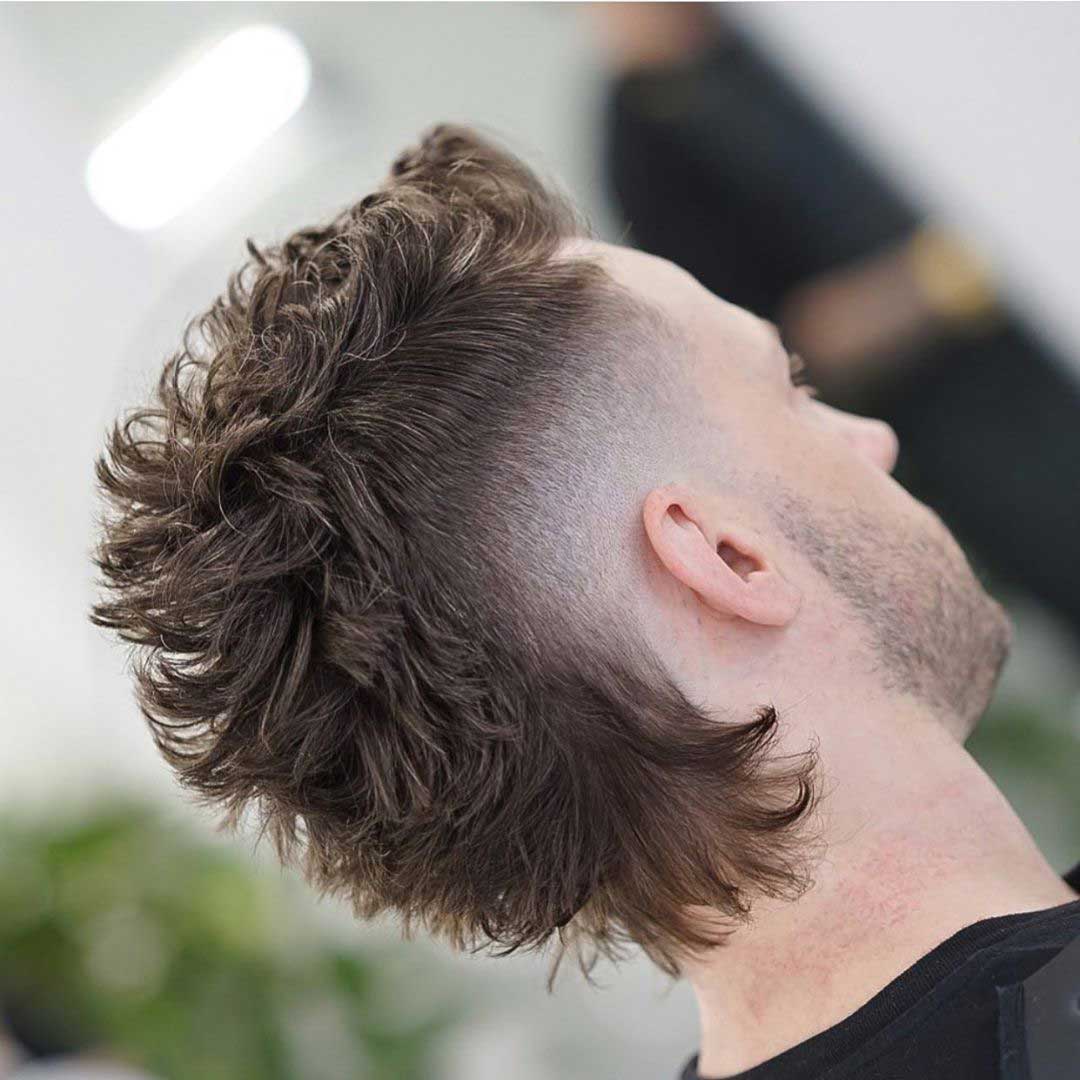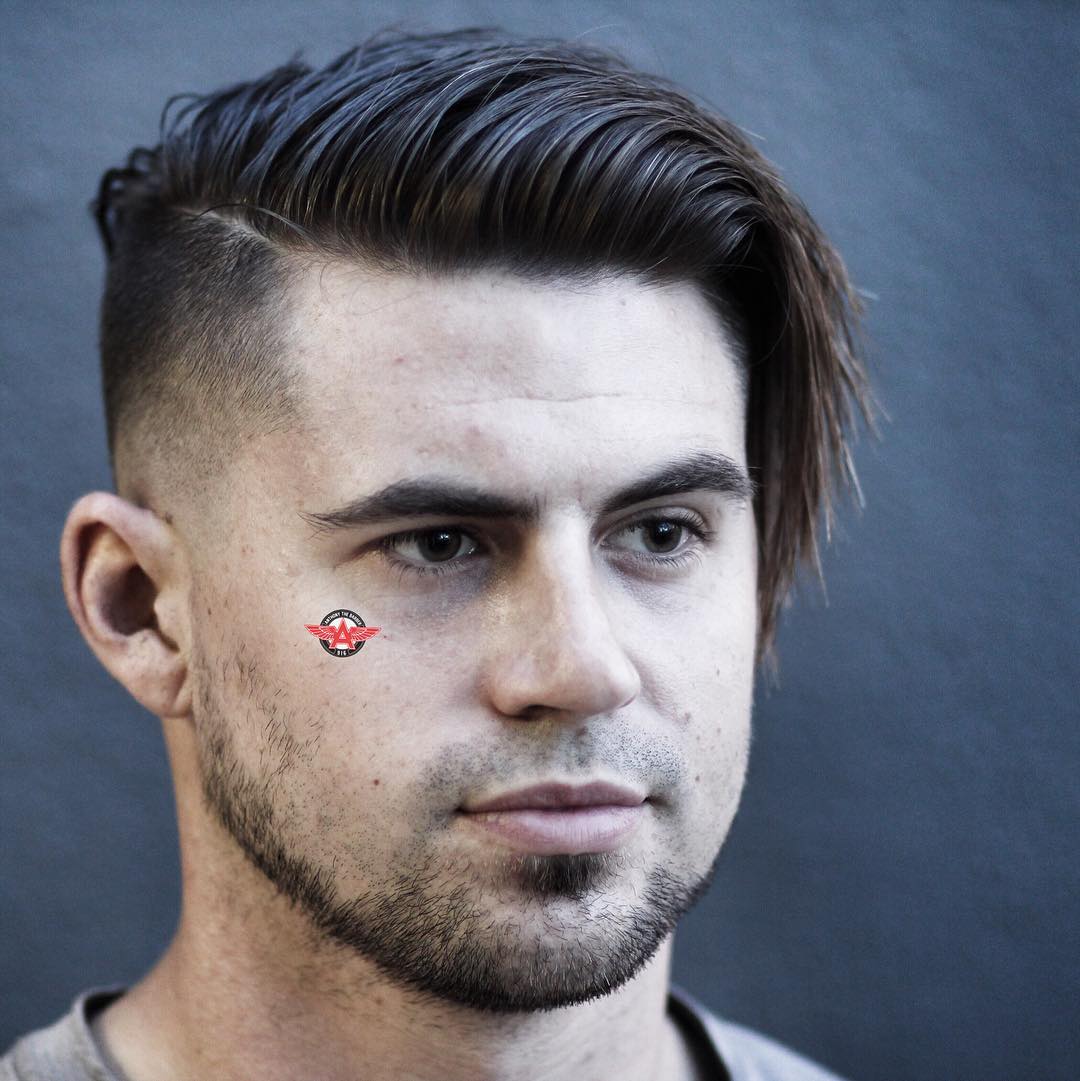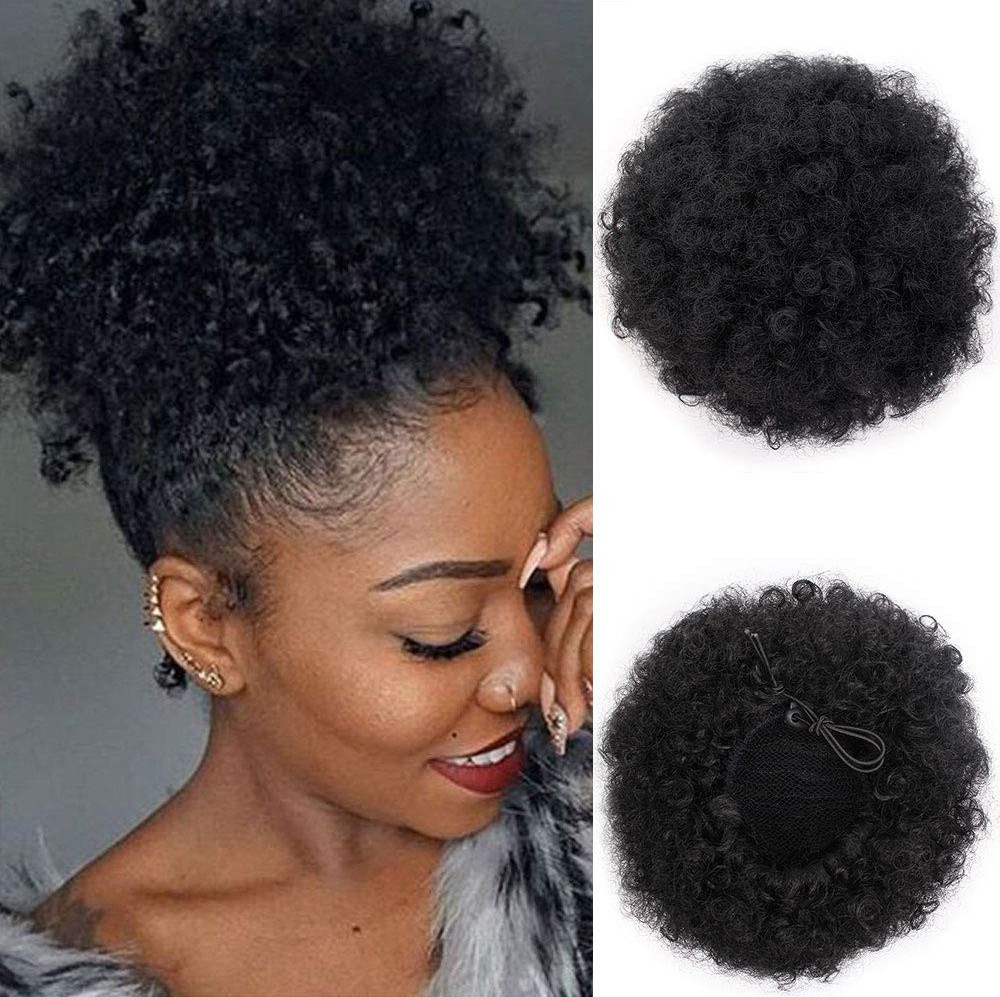Table Of Content

Elevated androgens in women can result in a clinical manifestation of acne or abnormal hair growth in places like the face or chest, called hirsutism. Those same androgens also cause a type of hair loss called androgenetic alopecia, or female pattern hair loss. This usually presents as thinning on the mid-scalp, with an accentuation on the front of the scalp – so you might see your part-line widening, especially close to your forehead. These results indicate that females presenting to dermatologists with alopecia should be considered for RE referral.
Hidradenitis suppurativa and PCOS: Connection and more - Medical News Today
Hidradenitis suppurativa and PCOS: Connection and more.
Posted: Mon, 07 Aug 2023 07:00:00 GMT [source]
Is PCOS hair loss reversible?
Your healthcare provider will work with you to help you get pregnant if that’s what you want. Talk to your healthcare provider to make sure you understand your risk for developing these conditions. There’s no proven way to prevent PCOS, but you can take small steps to reduce your symptoms. For example, eating nutritious foods, exercising regularly and managing a healthy weight for your body can help you avoid the effects of PCOS. To understand how PCOS contributes to hair loss and what your potential treatment options are, you should talk with a doctor, preferably a gynecologist or an endocrinologist.
How is polycystic ovary syndrome treated?
However, when I started working with Lisa I had a full thyroid panel run. Refusing to be a statistic, she immersed herself in constant research, achieving victories – clear skin, shedding 40 pounds, reversing prediabetes, and naturally becoming a mom of two. Today, she channels her journey into a purpose on this blog, educating the public about PCOS, women's health, and holistic well-being. Here, she empowers others to find solutions and become advocates for their health.
What are the signs of polycystic ovary syndrome (PCOS)?
A fierce patient advocate and completely dedicated to uncovering the root cause of hormonal imbalances, Dr. Brighten empowers women worldwide to take control of their health and their hormones. She is the best selling author of Beyond the Pill and Healing Your Body Naturally After Childbirth. Dr. Brighten is an international speaker, clinical educator, medical advisor within the tech community, and considered a leading authority on women’s health. She is a member of the MindBodyGreen Collective and a faculty member for the American Academy of Anti Aging Medicine.
What medical treatments can help?
History should include duration of cutaneous manifestation, menstrual history, history of infertility, diet history, and family history. PCOD (polycystic ovarian disease) is a known identity since 1935 when Stein and Leventhal first described a case series of seven women who presented with oligo/amenorrhea, obesity, hirsutism, and bilateral polycystic ovaries. Due to complexity of this disorder and various controversies, three sets of diagnostic criterion have been proposed to diagnose PCOS in last three decades [Table 1]. It’s best to allow three months before results really kick in and can be seen. You should not take spironolactone if you are trying to become pregnant as it has been linked to birth defects.

Health Alerts from Harvard Medical School
These hormonal fluctuations disrupt the natural hair growth cycle, leading to a diffuse thinning of hair on the scalp, often most noticeable at the crown. Beyond hormonal factors, genetics, insulin resistance, and inflammation contribute to the complexity of PCOS-induced hair loss. Androgens ("male" hormones like testosterone as well as DHT or dihydrotestosterone) are normally made in both sexes and play important roles in puberty, sexual desire, and the regulation of hair growth. When a woman’s levels of androgens are too high, then she may start experiencing symptoms, including hair loss.
Hair loss treatments can help
Our hair follicles are sensitive little creatures, especially to something called oxidative stress. Oxidative stress is when there are too many free radicals and not enough anti-oxidants. It commonly shows up first, either near your forehead or temples or along the part of your hair. High levels of testosterone and other androgens interrupt the normal menstrual cycle. They may block the process of ovulation, which can then lead to the formation of cysts on the ovaries.
Sudden hair loss can be traumatic for women with PCOS, especially teens.. “I started losing my hair at 14 years old and was diagnosed at 19. A bit expensive but I [didn’t want to wear] a wig,” shared one myPCOSteam member.
Get the latest in health news delivered to your inbox!
More research is needed to see how well this works for PCOS-caused hair loss (Girijala, 2018). If you lose your hair from PCOS, it probably won’t grow back by itself. You’ll need to use some treatments to stimulate new hair growth. Spironolactone is an oral medication that’s known as an aldosterone receptor antagonist.
Permanent hair loss can also be treated by medical procedures, such as PRP (platelet-rich plasma). PRP is performed by separating a patient’s blood in a centrifuge to split the platelets and plasma. The plasma is then injected into areas of hair loss on the scalp. This procedure helps to repair blood vessels, stimulate collagen production, and promote cell growth. The cost ranges from $500 and $1,000 per injection session (3 are typically needed) and may take up to two years of treatments.
Birth control medicines (contraceptive pill) can help regulate the menstrual cycle and reduce symptoms. Other medicines can reduce acne or unwanted hair growth caused by PCOS. In addition, the ultrasound picture is not always clear and some women with PCOS may have an ultrasound scan that does not demonstrate polycystic ovaries. Treatment for PCOS-related hair loss is often tailored to each person, depending on how bothersome or severe the hair loss is.
These cysts can form when high levels of androgens block the process of ovulation. We make it easy for you to participate in a clinical trial for Polycystic ovarian syndrome (PCOS), and get access to the latest treatments not yet widely available - and be a part of finding a cure. This post will look more closely at PCOS hair loss, including how it occurs, the consequences it may have on your hair, and the symptoms to look out for. We'll also discuss how you can treat and manage your PCOS symptoms, including solutions for hair loss. Hair loss due to PCOS can be addressed through nutrition, supplements, styling techniques and products, and medical treatments. But let’s be real, being patient about this is just not realistic.











